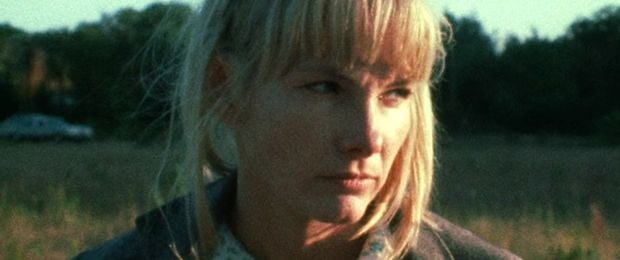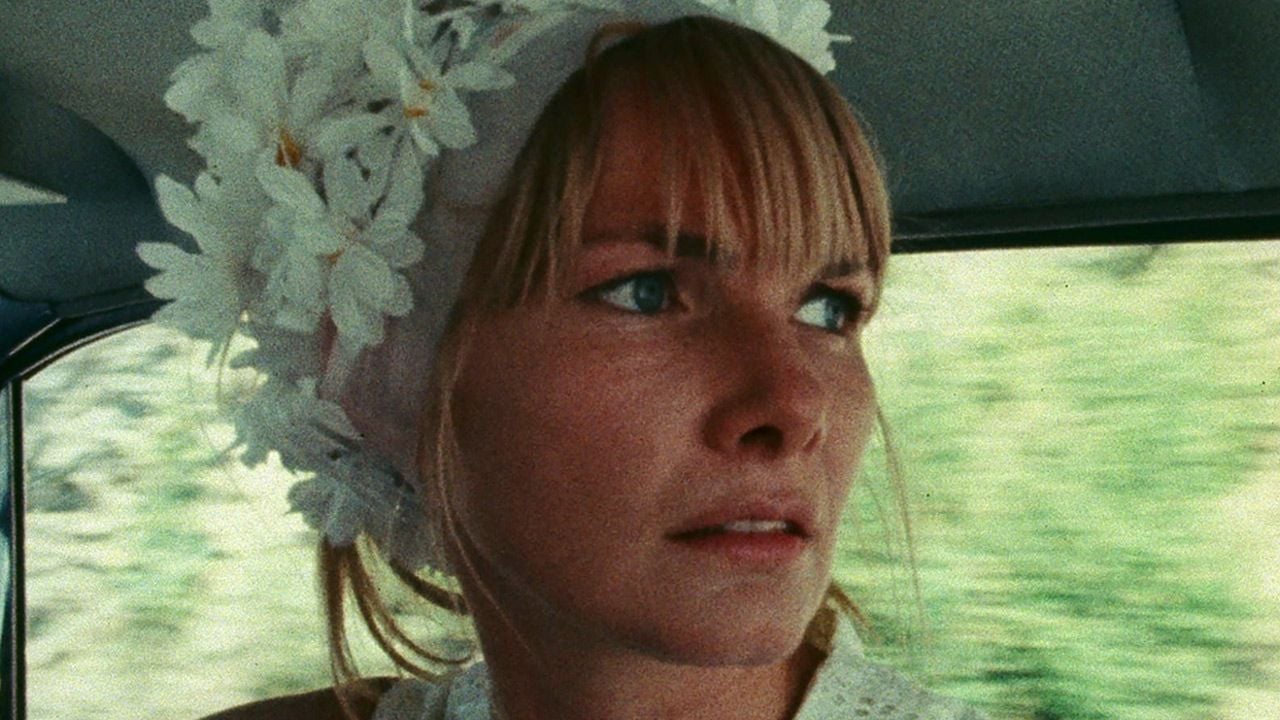It’s not exactly a discovery. Filmmaking, in front of and/or behind the camera, isn’t always a smooth ride. The experience can even be taken to extremes, as was the case with Apocalypse Now, whose Homeric filming is chronicled in the mind-bending Heart of Darkness. Or Werner Herzog’s Fitzcarraldo and his conflicted relationship with Klaus Kinski.
While some film talents are not particularly keen to one day wear the director’s hat, there are just as many who eventually succumb to the sirens of directing, out of desire and/or challenge.
It is a fact that some attempts will not be repeated. for what Painful and exhausting experience, financial reasons… there is no shortage of explanations.
A very rare example for its time
It is in the background of these considerations that the discovery of the major film released in 1970 becomes clear: Wanda. With this first and only feature film, a tragic drama that she wrote, directed and starred in, Barbara Lowden signed a revolutionary work of American independent cinema, bringing to life a female character rarely seen on screen at the time.
Here’s the trailer…
Wanda is the painful story of a woman who can no longer stand the miserable environment in which she lives in Pennsylvania. Released from the factory where she was employed, without looking back she decides to leave her underage husband and two children. Wandering through the city begins where Wanda, without the slightest resources, ends up with Norman Dennis, a miserable traveling salesman who makes a living by stealing. Although Norman is cruel to her, Wanda reluctantly agrees to follow him into a life of robbery…
“I spent many years of my life like this”
Barbara Lowden, the wife of the famous Elia Kazan, appeared in several Hollywood films. But he wanted to distance himself from the glamorous side of the dream factory. With Wanda, Lowden offers herself an alternative space where a woman’s story can be told from a woman’s point of view, at a time when it was still very, very rare to cross over with female directors, in an industry where women’s voices were often silenced.
Inspired by a local newspaper article in which a woman thanked a judge for her 20-year prison sentence, Barbara Louden borrows the codes of experimental cinema with her film, as well as the low budget and flaws typical of the genre. “It was based on my personality” He trusted. “A kind of passivity, wandering, passing from one person to another, without direction – this is how I spent many years of my life.”

At the time of the film’s release, some critics rightly described the heroine as too passive, a victim of her fate. It’s soon forgotten that Lowden allows her character to be vulnerable and complex, painting a grim portrait of a life heavily influenced by patriarchy. In Loden’s eyes, it is difficult to find one’s place, autonomy and even identity in a world where misogyny and sexism are deeply ingrained.
This powerful feminist manifesto, which paved the way for many up-and-coming filmmakers, has unfortunately been long forgotten and neglected, becoming invisible over the years. Restored across the Atlantic with the support of the Martin Scorsese Film Foundation, Wanda has finally been rediscovered, notably with screenings at various festivals.
A very sad epilogue remains… After this brilliant stroke of brilliance, Barbara Loden’s trajectory was as short as a shooting star. He made only two educational short films in 1975 and was never able to secure the financing needed to make another feature film. In 1980, she died of breast cancer at the age of 48.
Source: Allocine
Rose James is a Gossipify movie and series reviewer known for her in-depth analysis and unique perspective on the latest releases. With a background in film studies, she provides engaging and informative reviews, and keeps readers up to date with industry trends and emerging talents.







